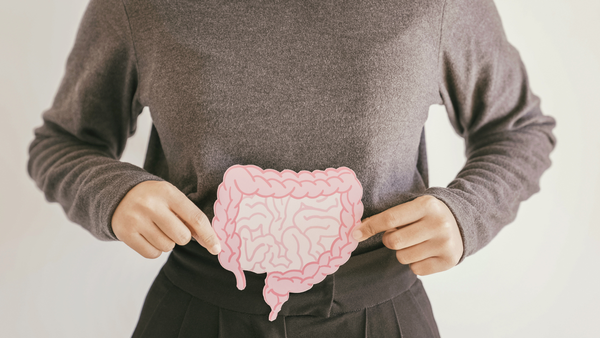Cataracts

Contents of this Article:
- What are Cataracts?
- What are they caused by?
- What is the Unani Medical Perspective a Cataracts?
- Preventions of Cataracts
- Unani Medicines for Cataracts
Cataracts are one of the most common causes of vision impairment worldwide, particularly in older adults. But what exactly are they, and how does Unani medicine view this condition?
What Are Cataracts?
A cataract is a clouding of the lens of the eye, which leads to blurred, hazy, or dim vision. The lens, normally clear and elastic, is responsible for focusing light onto the retina so we can see clearly. However, with cataracts, proteins in the lens begin to break down and clump together. This disrupts the passage of light and makes vision appear foggy or distorted.
The lens itself is relatively dehydrated compared to other parts of the eye and is suspended in place by fine ligaments called zonules. When the structure of proteins in the lens deteriorates—often due to aging, oxidative stress, or metabolic imbalances—they stick together, leading to the cloudy areas we call cataracts.
What Causes Cataracts?
From a modern biomedical perspective, cataracts are primarily caused by:
- Aging
- Exposure to UV light
- Diabetes and metabolic disorders
- Smoking
- Chronic inflammation
- Oxidative damage
These factors all contribute to the breakdown of proteins in the lens, and over time, vision becomes increasingly impaired if not addressed.
The Unani Perspective on Cataracts
In Unani medicine, the condition we now call cataracts is referred to as Nuzul al-Maa, which literally means "the descent of water." (1) This is remarkably aligned with the word’s Latin roots—cataracta—which refers to a waterfall or a floodgate. Both perspectives link the condition to an image of obstructed or altered flow, especially of something once clear.
According to Unani understanding, cataracts are caused by the accumulation of abnormal moisture or "waste fluids" in the lens area. This is often the result of chronic inflammation and internal heat, which the body tries to balance by drawing moisture to the affected area. Just like in arthritis, where swollen joints are a response to internal heat, cataracts also represent the body’s attempt to cool inflammation—only this time in the delicate structures of the eye.
The “descent of water” in Unani terms is a metaphor not only for the visual effect (as if a veil of water is covering the sight) but also for the pathological process—an outpouring of abnormal humoral waste into the eye, especially phlegmatic (balghami) residues that cloud the lens.
Unani Medicines for Cataracts
Kohl, traditionally used like eyeliner, holds both cosmetic and medicinal significance in Unani medicine. One particular formulation known as Kohl-Chikni Dawa has been found to offer therapeutic benefits for eye health.
According to Unani practice and supported by emerging studies, the regular application of this specific type of kohl may contribute to the reduction of cataract progression. It is believed to work by cooling the eye, reducing inflammation, and drawing out harmful residues that contribute to lens clouding.
Beyond its potential effects on cataracts, Kohl-Chikni Dawa has also shown benefits in managing other eye-related symptoms such as:
- Headaches related to eye strain
- Itching and irritation of the eyes
- Excessive watering of the eyes
References:
- Fazeenah, A.A., UNANI PERSPECTIVE OF CATARACT (NUZUL AL MAA): A LITERARY REVIEW.
- Siddiqui, T. A., Zafar, S., Iqbal, N., Nadeem, A., Zaidi, Z., & Alavi, S. H. (2002). Effect of Kohl-Chikni Dawa - a compound ophthalmic formulation of Unani medicine on naphthalene-induced cataracts in rats. BMC complementary and alternative medicine, 2, 13. https://doi.org/10.1186/1472-6882-2-13
DISCLAIMER: Shifaa Khan's content is for general informational purposes only. It should not be used to self-diagnose and it is not a substitute for a medical exam, cure, treatment, diagnosis, and prescription or recommendation. It does not create a doctor-patient relationship, nor a consultant-client relationship, nor a practitioner-client/patient relationship between Shifaa Khan and you. You should not make any change in your health regimen or diet before first consulting a physician and obtaining a medical exam, diagnosis, and recommendation. Always seek the advice of a physician or other qualified health providers with any questions you may have regarding a medical condition. No presentation or communication shall expressly or implicitly bind any person or entity to any contract, agreement or course of conduct, or waive any part of this disclaimer and no one should rely on unverified claims that Shifaa Khan is part of any endeavor and all such reliance is expressly disclaimed.




